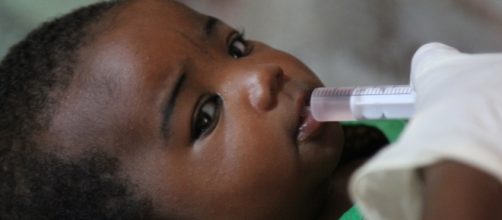Monday, March 27, 2017 (The Post and Courier) – the new rotavirus vaccines could save lives of almost 500,000 children a year. A new report published today in “The New England Journal of Medicine” reveals that the new vaccines do not require refrigeration. They have the potential to save hundreds to Thousands Of Children in harsh environments.
What causes diarrhea?
Rotavirus is one of the most common causes of diarrhoeal disease among infants. It is a genus of double-stranded RNA viruses and belongs to the family Reoviridae. Almost all children in the world are infected with the virus at least once in a lifetime.
There are eight species of this virus, referred to as A, B, C, D, E, F, G and H. Rotavirus A is the most common species. It causes more than 70% infections in humans. Doctors say the virus kills as many as 15,000 children per year in the developing countries. Part of the difficulty is getting existing vaccines, which require refrigeration and careful handling. In contrast, two newly developed rotavirus vaccines do not require refrigeration and careful handling. Professor Neil Armstrong at the University of Edinburgh claims that three to four doses of BRV-PV and BRC-PV are enough to cure a patient with rotavirus.
The number of deaths with rotavirus
Back in 2013, rotavirus killed over 215,000 children worldwide.
Almost three million people become ill every year. Most of the deaths occur in developing countries. In the United States, before initiation of the rotavirus vaccination program, rotavirus killed about 31 million children. Following rotavirus vaccines introduction in the US, hospitalization rate has fallen in March 2017. The incidence and severity of rotavirus infections will decline in countries that add rotavirus vaccines to their routine childhood immunization policies. Health professionals at the University of Oxford suggest clinicians in countries where rotavirus is a serious health threat should immunize children with the new vaccines.
The research has only been conducted on children in developing countries. Scientists behind the game-changing vaccines are seeking out to test BRV-PV and BRC-PV on adults as well.

